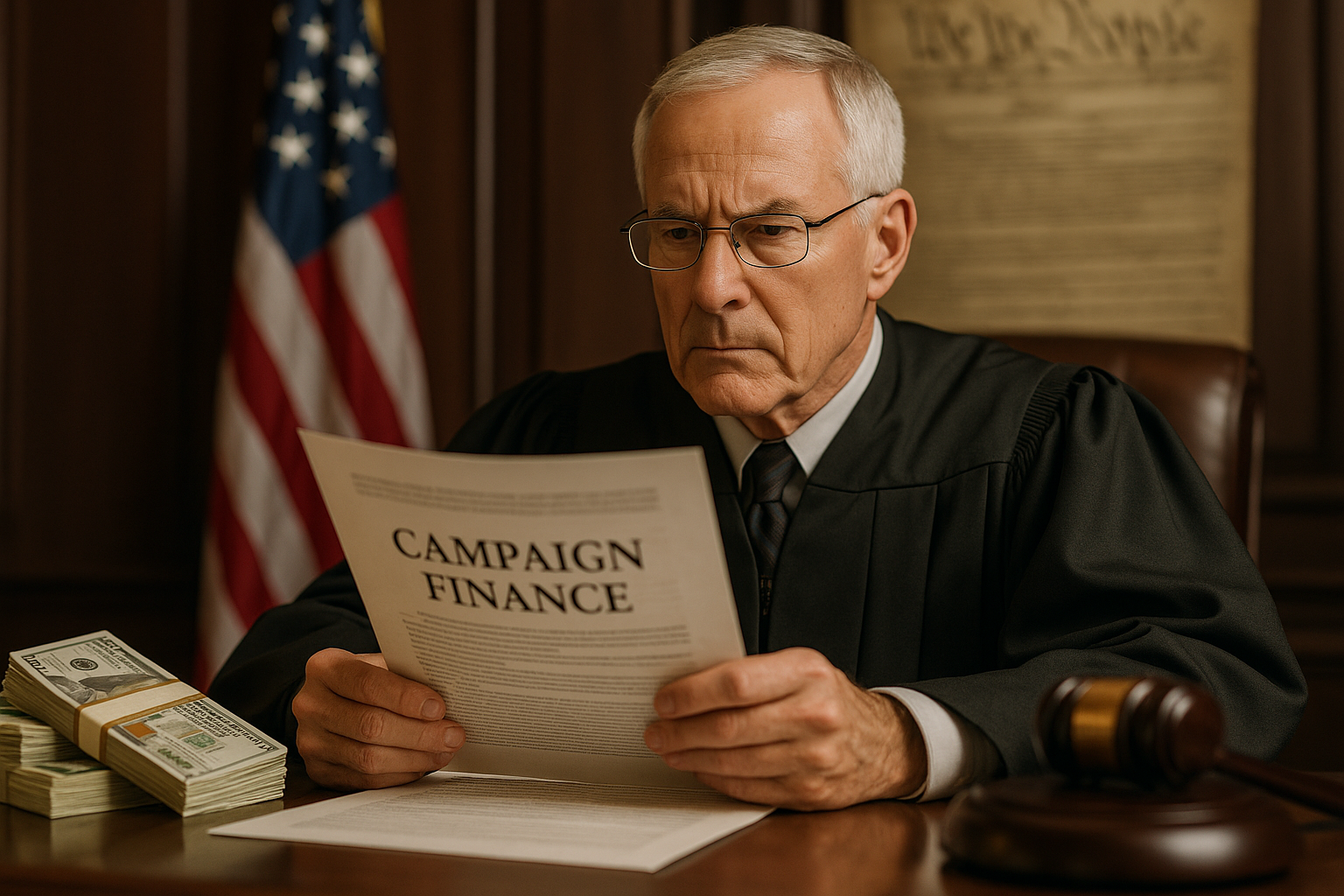Assessing the Consequences of the Case of Citizens United vs. Federal Election Commission
Introduction: In this article, we delve into one of the most controversial Supreme Court cases in recent history: Citizens United vs. Federal Election Commission. We will explore its background, its legal ramifications, and its impact on American society.

A Historical Perspective
The case of Citizens United vs. Federal Election Commission traces its roots back to 2008. Citizens United, a conservative non-profit organization, created a documentary aimed at criticising then-presidential candidate Hillary Clinton. However, they encountered a roadblock in the form of the Bipartisan Campaign Reform Act of 2002 (BCRA), which prohibited corporations and unions from funding “electioneering communications” close to an election.
The Court Ruling
In a landmark ruling in 2010, the Supreme Court overturned the BCRA’s restrictions in a 5-4 decision. The majority opinion, delivered by Justice Anthony Kennedy, held that the First Amendment prohibited restrictions on independent expenditures for political communications by corporations, labor unions, and other associations. The ruling effectively equated money to speech, opening floodgates to unprecedented levels of spending in election campaigns.
Legal Aftermath and Current Updates
The ruling in Citizens United has had far-reaching implications in the American political landscape. The decision has allowed corporations, labor unions, and other associations to spend unlimited amounts on independent political expenditures, leading to the rise of Super PACs (Political Action Committees). Their influence in shaping campaign narratives and swaying public opinion has increased significantly.
Societal Implications and Impact
Apart from the legal and political consequences, the case has also had a profound societal impact. Critics argue that the ruling has given corporations and wealthy individuals undue influence over the political process, thereby undermining the democratic principle of ‘one person, one vote.’ On the other hand, proponents contend that it has expanded the First Amendment rights, allowing for a more diverse range of voices in political discourse.
A Balanced View
While the Citizens United ruling has undoubtedly transformed the landscape of campaign finance, it is essential to not view it as an isolated issue. It is part of a broader debate revolving around free speech, corporate personhood, and the role of money in politics. Striking a balance between these competing interests is a complex task that continues to challenge lawmakers and society at large.
In conclusion, the Citizens United case is a stark reminder of the far-reaching impacts of judicial decisions. As we continue to grapple with its consequences, it serves as a compelling case study of how the law can shape not only our government and politics but also the very fabric of our society.






